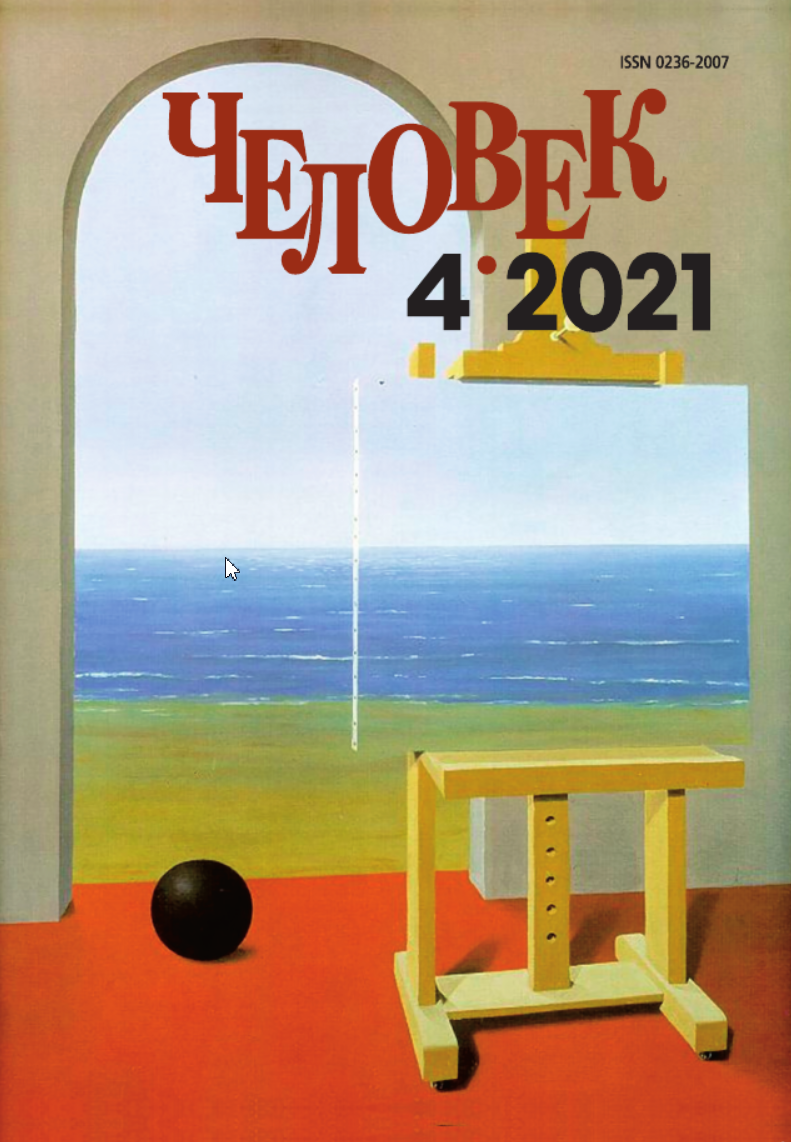Двойственная темпоральность Утопии
Ключевые слова:
утопия, антиутопия, философия, сатира, ирония, тропология, критика, однообразиеАннотация
В статье выражен отказ от прочтения «Утопии» Томаса Мора как, во-первых, изложения взглядов самого Мора на идеальное государство и соответственно его определения не только как гуманиста, но как коммуниста, во-вторых, сделана попытка представить гуманистические основания его идей и способы их выражения. Эти способы выражения связаны с тропологическим способом его мышления, выраженном через сатиру и иронию, с оглядкой на античные образцы, что было свойственно философии, поэтике и политике гуманизма, одна из задач которого состояла в попытках построения нового — общества (особенно актуального в период географических открытий), архитектуры, небывалого соотношения природных объектов (арчимбольдески). Образцами для «Утопии» стали произведения Платона, Лукиана, Цицерона. Она написана в духе времени с критикой государственных устройств, частной собственности, различением частного и публичного, открытости всем идеям. Интеллектуальная дезориентация читателей — специфическая творческая задача Мора-литератора, его проверка их умения к быстрой смене оптики, рассмотрению истории как альтернативного мира, радикально отличного от нашего собственного, но связанного с ним. Благодаря предельно выраженному интеллектуальному напряжению «Утопия» выходит за пределы времени, как труды Платона, Аристотеля, Августина, Маркса... Утопию можно представить как антиутопию, если учесть перформативный характер последней, способствующий мгновенному переводу слов в действие и созидающий мир утопии. Антиутопия — это ответ утопии с переменой знака: об одном и том же, поменяв оптику, можно сказать «да» и «нет». Это означает, что в современном мире уже давно виртуальное сознание становится мало отличающимся от реального, и воображение замещает теоретическую позицию, приобретая ее вид, превращая теорию в фикцию. Выдвигается гипотеза о наличии в «Утопии» множества утопических стран: ахорийцев, полилеритов, макарийцев, анемолийцев.






